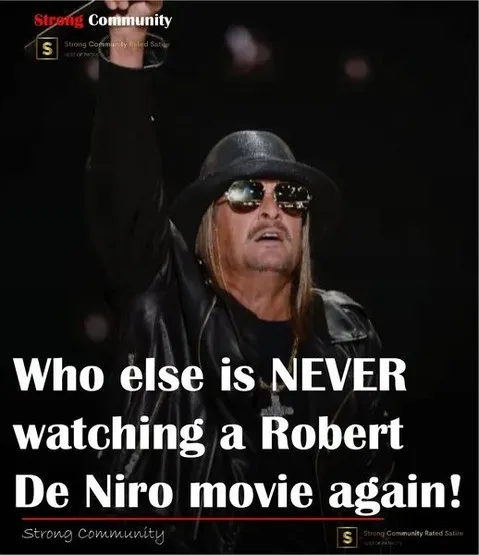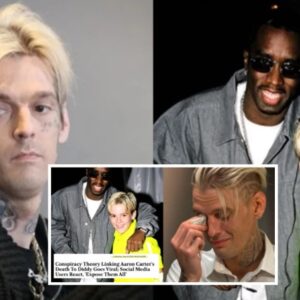
Recently, some fans and viewers have expressed strong opposition to the legendary actor Robert De Niro, declaring that they will never watch his movies again. This movement is believed to stem from De Niro’s political opinions in recent times, particularly his public statements regarding the American political scene.
Robert De Niro, known for his stellar performances in films such as The Godfather Part II, Taxi Driver, and Raging Bull, is not only a cinematic icon but also a vocal political figure. In interviews and public forums, he has openly criticized certain U.S. policies and leaders, sparking controversy.
However, a portion of the audience feels that De Niro’s political views clash with their own, leading them to boycott any projects he is involved in. A recent image of another prominent figure seemingly expressing discontent with De Niro has become a symbol of this boycott movement. The message “Who else is NEVER watching a Robert De Niro movie again?” has garnered support from many on online platforms.
This situation raises questions about the relationship between art and politics: Can audiences separate the artist from their work? And if not, do famous actors like Robert De Niro have the right to speak out on social issues without fearing a massive loss of their fanbase?
Despite the divided opinions, it’s undeniable that Robert De Niro has had an illustrious career with a profound impact on the film industry. Yet, with the current state of affairs, it seems the relationship between artists and their audience has become more complicated than ever.




